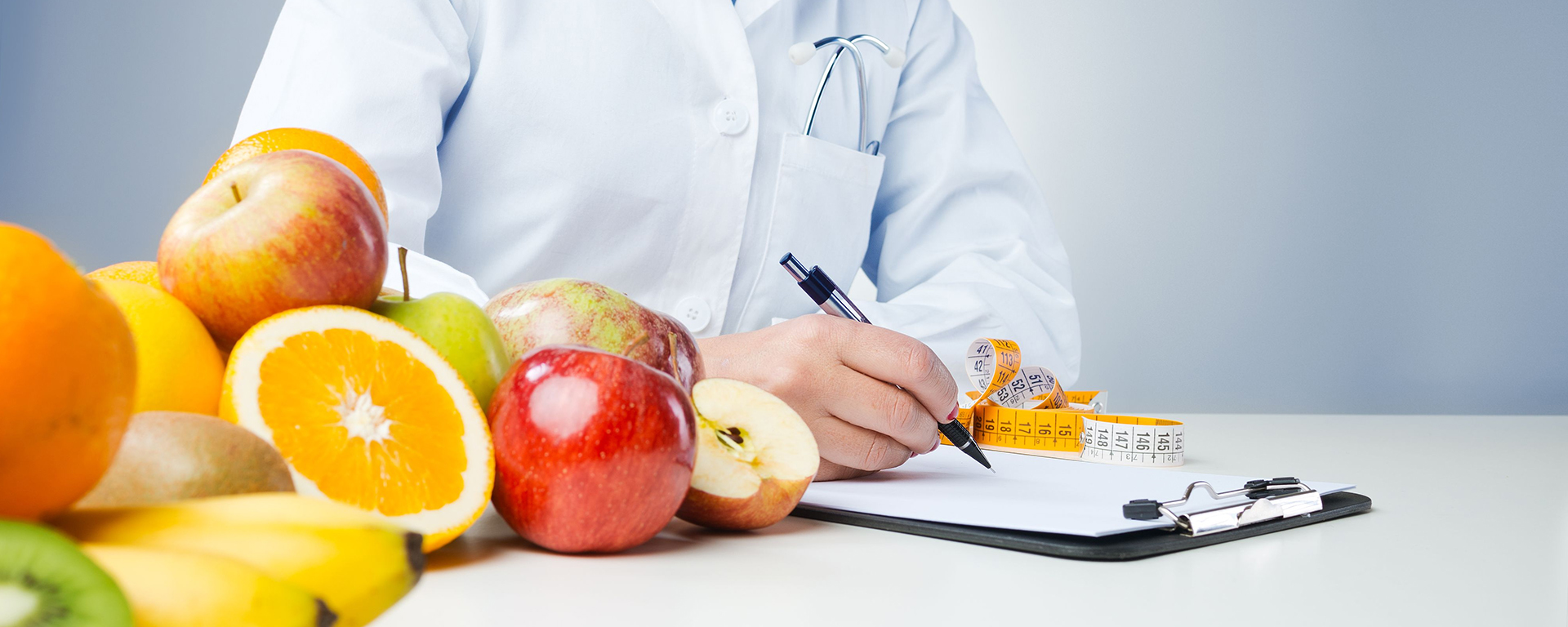What is Hypertension?
Ayurveda View of Hypertension
Ayurveda doesn’t precisely name’ hypertension’. Instead explains conditions similar to that of increased blood pressure. The symptoms of hypertension are described under various medical conditions. That allows Ayurveda to view hypertension more holistically. The causes and the symptoms are thus dealt with in a more detailed and subtle manner. The medical approach to treat hypertension is detailed below:
What is the cause of Hypertension
Acute stress and unfavourable environmental factors are the main factors for increasing blood pressure in normal and healthy individuals. The increasing rate of the prevailing condition is mostly blamed on the lifestyle and dietary factors such as inactive habits, high diet sodium content from processed fatty foods, tobacco and alcohol use.
High blood pressure is itself asymptomatic, which means there is no indication or any clear symptoms. This is the reason why high blood pressure is also referred to as ‘the silent killer’ since it could cause damage to the Cardiovascular system.
High blood pressure could also create problems in certain organs. A prolonged illness may lead to complications such as arteriosclerosis, where the production of plaques narrows the blood vessels.
A systolic blood pressure readings of 180 mmHg or above and a diastolic blood pressure readings of 110 mmHg or above could indicate the signs of hypertensive crisis that require immediate medical attention.
Ayurvedic Treatment of Hypertension
- Weight loss treatment programs like diet and exercise are recommended as high blood pressure and obesity are related to each other.
- Having a well-balanced diet including whole grains, fruits, vegetables and low-fat dairy products.
- Avoid foods that have high amounts of LDL cholesterol (low-density lipoprotein).
- Reduce intake of sodium in the diet.
- Increase the intake of calcium and vitamin D.
Hypertension can turn quite serious if left unchecked. However, it could be easily lowered or controlled by regular exercise. Following a strict, low sodium diet supplemented with foods rich in potassium and calcium is crucial. Eat more low-fat protein sources, whole grains, plenty of fruits and vegetables.
Home Remedies for Hypertension
- We know this probably isn’t what you wanted to hear. Exercise is not exactly a quick fix and it is far from a good time! But stick with it, because exercise is your most powerful ally in the fight for health. If the word exercise has triggered thoughts of sprinting up hills on hot days, then you can breathe a sigh of relief. When we say exercise, we don’t mean anything too strenuous! For a lot of people, regular walks will suffice. Perhaps even a short jog around the block or up the road each morning. There’s no need to go crazy on the exercise – just try and get into the habit of being active. And as always, take your doctor’s advice!
- Ok, so this one isn’t strictly a remedy, but it will help you nevertheless! Home blood pressure kits offer an accurate insight into what your blood pressure is doing. This means that you can identify and map any changes as they occur. Isn’t medical technology great! By having real-time updates on your blood pressure, you can see what works and what doesn’t. Even if you aren’t really sure what it all means, it is still helpful to get to know your body. And when it comes to getting to know your body, a home blood pressure kit is the way to go!
- Some health professionals recommend increasing your potassium intake if you have high blood pressure. But what is potassium? You could be forgiven for thinking it’s a bad thing – it is, after all, an alkali metal. However, potassium is actually vital for your health. Many fruits, especially bananas, are high in potassium and its effects can balance the negative impact of sodium. But before you load up on potassium, make sure you speak with your doctor! Increasing your potassium intake is only a good idea if you are currently below the ideal level. So have a chat with your doctor and take it from there.
- Our previous tip leads very nicely into this one: sodium is not good for your blood pressure. And by sodium, we mean salt. Salt is actually far more prevalent in our diets than you might realize. That might explain why your high blood pressure reading came as such a surprise! The truth is, sodium comes in everything. Finding food free of sodium altogether is pretty close to impossible. The best thing you can do is read the ingredients of what you are eating. Does it contain sodium? If so, how much? Asking these two simple questions can help you regulate how much sodium is present in your diet. After all, you can’t fight an enemy that you can’t see!
Send Enquiry

